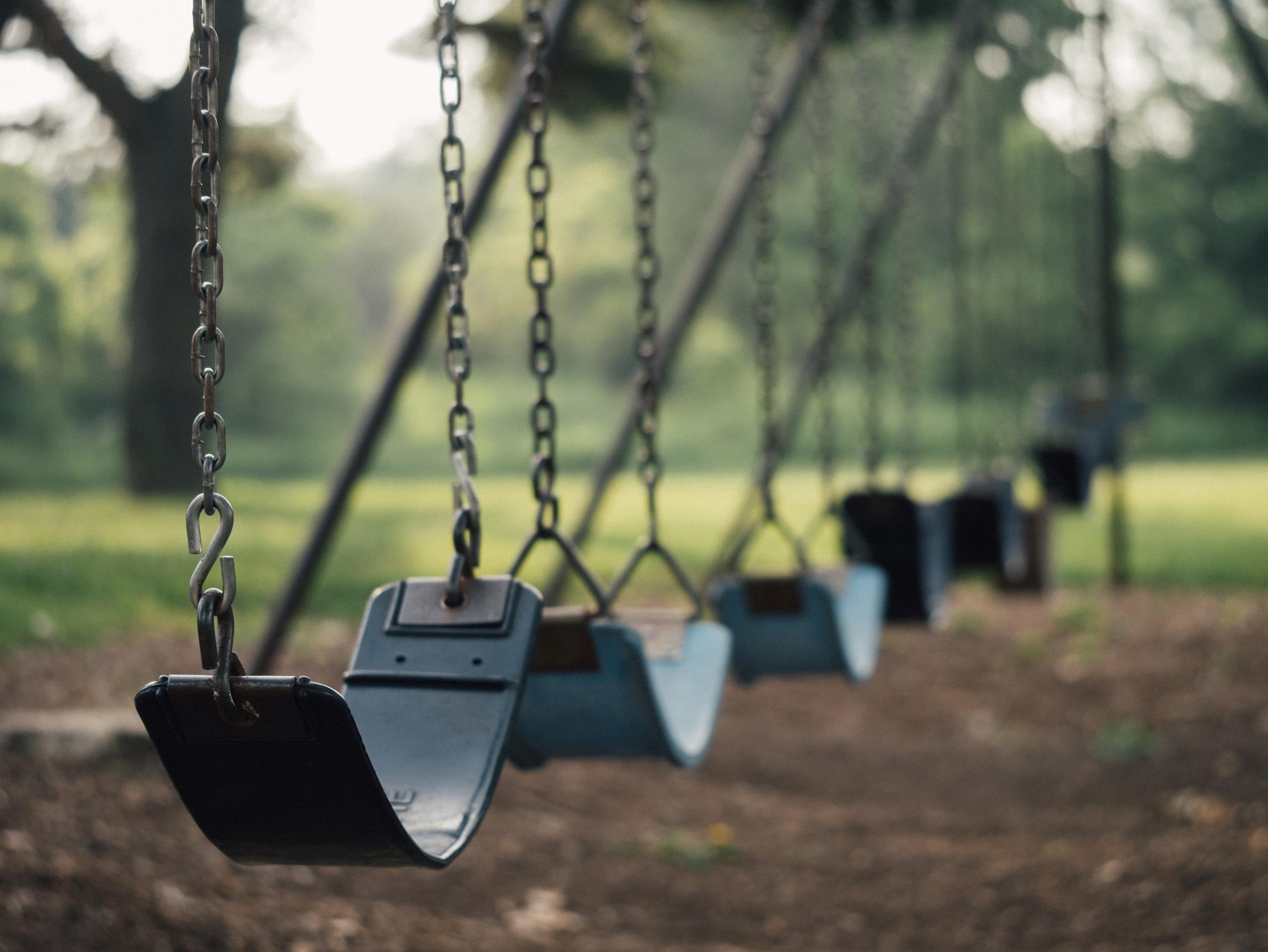Parenting Ideas

Consent Conversations With Kids
Understanding consent as a concept is essential to everyday life and relationships for people of all ages – and it often has nothing to do with sexual intimacy. Consent exists in every interpersonal context, like in the playground as kids learn to negotiate mutually enjoyable games to play, respecting others’ boundaries or managing disappointment when someone says no.
Consent education encourages children to think about what makes for respectful attitudes and behaviour. We can – and need to – create a positive consent culture where children and young people immediately think to ask: “Is everyone safe? Is this a safe space for others? Do I feel safe?”
The topic of teaching consent to children sometimes raises concerns. Parents want to know when it is appropriate. Age-appropriate consent education often has little to do with ‘sex’, especially for younger kids. It’s actually teaching fundamental decision-making skills that will serve them well in their lifetime journey into adulthood.
Parents/carers play a key role in teaching children about consent. It is a critical responsibility to build this knowledge and these skills early.
Some examples of consent education by parents/carers at different ages:
1 – 5 years old: Body safety and naming body parts
Learning about body safety needs to happen at a very young age. Everyone has the right to body autonomy and should be able to develop the tools to verbalise their boundaries and feel safe. Body safety information results in kids having the power and knowledge to know who is allowed to touch their body and strategies to respond when boundaries are not listened to. I.e., “stop it I don’t like it”
But consent is also about understanding ‘yes’ and ‘no’. Hugs, tickles, kisses, and so on all fall under the consent umbrella.
5 – 8 years old: Communication skills
Consent means our children learn how to negotiate an activity that everyone will enjoy. You can also teach children the importance of how to pay attention to verbal and non-verbal cues e.g., being aware if someone seems uncomfortable when they ask to play with them or if the other person suddenly doesn’t look like they are having fun in a shared game. You can talk to your kids about how to deal with their disappointment when a friend says no.
8 – 13 years old: Mutuality and negotiation
Consent means “permission” which involves both/all people. We need to highlight that the person who suggests doing something should take equal responsibility for a yes, not just the person they are asking being required to take responsibility/be the gatekeeper for the no or yes. This teaches mutually pleasurable/enjoyable experiences by emphasising the importance of suggesting something that everyone is likely to enjoy.
For example in, Kit and Arlo Find A Waya group of friends are planning to watch a movie. Most of the group want to watch a horror movie but they all know one person in the group gets really scared watching those movies. The friends should think about whether that person will feel pressured to watch that movie because everyone else wants to. The friends should think about whether they should even suggest it in the first place, since they know that person won’t want to say yes. They should all consider what type of movie everyone would want to watch so that everyone enjoys the experience.
14 – 18 years old: Feeling safe to withdraw consent
The ability to withdraw consent and feel safe to do so, is essential. We all need the courage, skills and sense of self to be able to say that we have changed our mind. We also need to learn how to provide a safe space for others to do so to reduce or eliminate the social cost of a refusal. It’s vitally important to recognise that females have been conditioned to be caregivers; polite and agreeable. They’ve historically been taught to be nice and not hurt other’s feelings. Communicating what they want and don’t want can be hard for some who might lack confidence, vocabulary, and/or power to speak up about how they feel.
Consent is not just a single ‘yes’ that can’t be taken back. People can change their minds. Young people need to be taught how to check in with one another to see if everyone is still having a good time. If someone changes their mind, that should be respected. Checking in is a communication skill everyone needs and must value. The result is enjoyment, safety, and wellbeing for everyone.
Final thoughts
Parents/carers play an essential role in shaping their children’s understanding of consent. Research shows that conversations about consent at early ages impacts the skills and behaviour children need as they grow up. Teaching topics like body boundaries and empathy is empowering, offering kids the words and confidence to stand up for themselves and others. Let’s start talking to our kids about consent today and set them up for healthy, safe, respectful relationships in the future.
